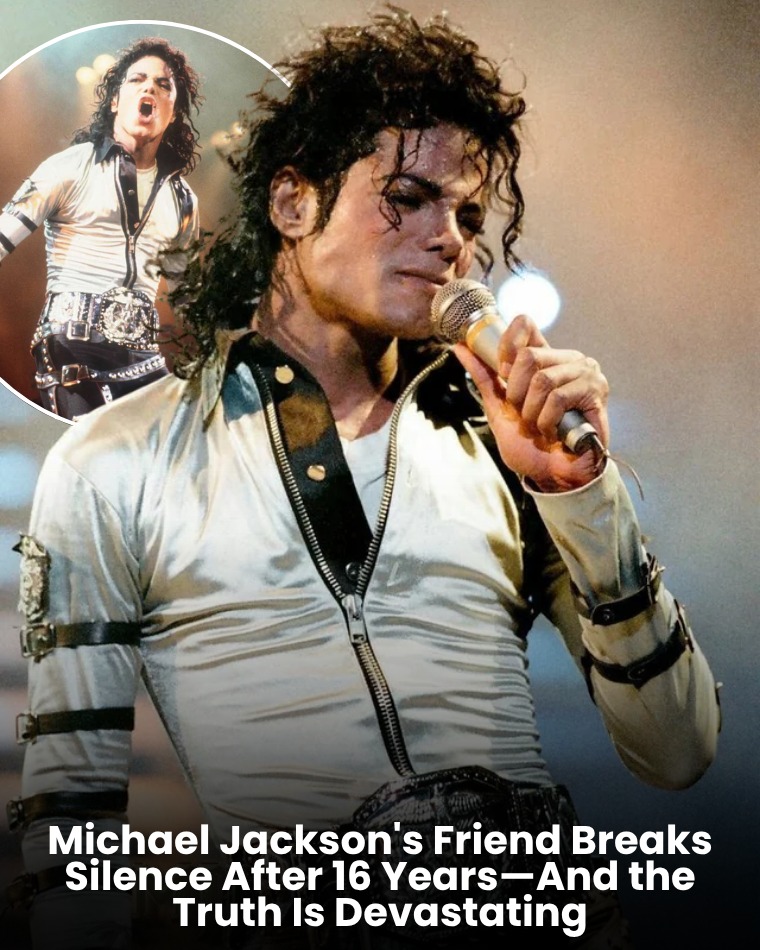OPINION: This article may contain commentary which reflects the author’s opinion.
Sixteen years after the tragic death of Michael Jackson, one of his closest confidants is finally revealing the heartbreaking reality behind the King of Pop’s final days. John Mason, Jackson’s longtime friend and personal attorney, offers a raw and intimate glimpse into the superstar’s struggles in his new memoir, Crazy Lucky: Remarkable Stories from Inside the World of Celebrity Icons.
In 2009, Michael Jackson was gearing up for his highly anticipated This Is It concert residency, scheduled to run from July 2009 through March 2010. The 50-year-old singer was poised for a triumphant return to the stage, but he tragically passed away just one month before the first show.
Mason recounts the devastating toll the preparation took on Jackson. “In 2009, I was living in Reno when I got a call from someone who told me that Michael was in ‘really bad shape,’” Mason writes, according to Radar Online. “He was trying to tour again, but he had collapsed onstage during rehearsals. Yet, he was back at it the next day. Michael was Michael.”
Behind the scenes, Jackson was battling severe insomnia, which reportedly led concert promoter AEG to bring in Dr. Conrad Murray to manage his condition. Mason reveals that Murray began administering nightly doses of propofol, a powerful anesthetic typically reserved for surgical procedures, to help Jackson sleep.
Jackson’s last words, as recalled by Mason, reflect the immense pressure he felt: “I can’t function if I don’t sleep. They’ll have to cancel it. And I don’t want them to cancel it.” The tragic irony is clear—his desperation to keep performing ultimately contributed to his downfall.
Dr. Murray was later convicted of involuntary manslaughter in connection with Jackson’s death. His medical licenses in Texas, California, and Nevada were revoked or suspended, and though sentenced to four years in prison, he was released on parole after serving two.
Mason also sheds light on the financial strain weighing heavily on Jackson during his final months. Nearing bankruptcy and facing the potential loss of his cherished Neverland Ranch, the medications were intended to help him rest enough to continue performing. Instead, they proved fatal.
The King of Pop died on June 25, 2009, from cardiac arrest caused by a lethal combination of sedatives and propofol. Mason’s account adds another layer to the ongoing speculation and sadness surrounding Jackson’s last days—a haunting reminder of the immense pressures behind the glittering facade of fame.

